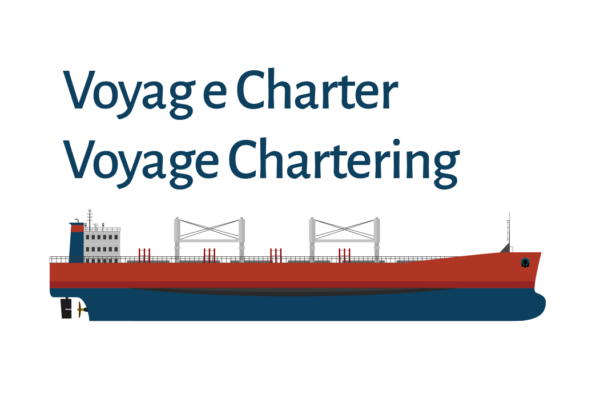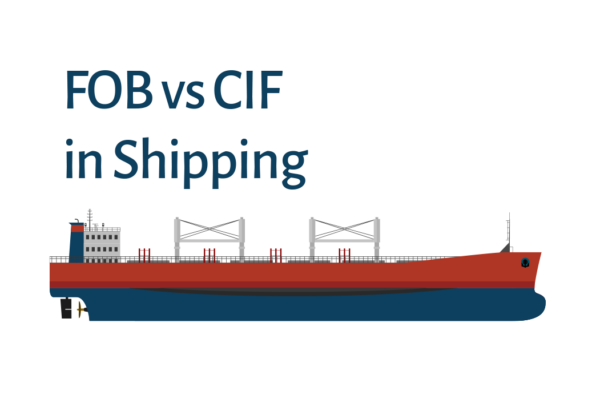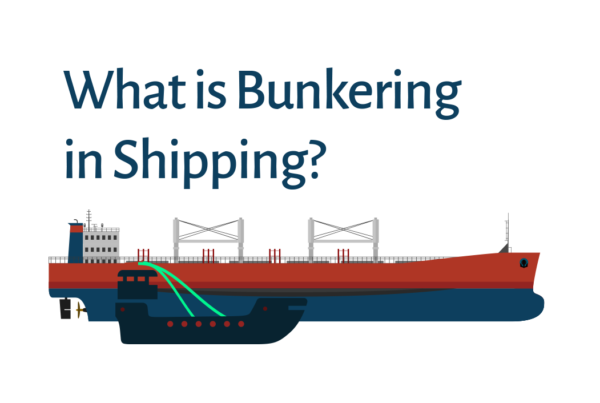The COVID -19 pandemic is having a significant impact on the global economy, and the shipping industry is not immune to its effects. One area that has been particularly affected is crew changes, which have been disrupted by travel restrictions, quarantine regulations, and other measures to contain the spread of the virus. Many countries in the world have adopted different types of ununited restrictions for the crews that are using their country’s port for either signing on or signing off.
Prior to the pandemic, crew changes were relatively routine and unproblematic. Ships entered port, crew members who had fulfilled their contracts disembarked, and new crew members came aboard to take their place. However, the pandemic has made this process much more complicated.
A major problem is a difficulty of getting crew members to and from their ships. Many countries have imposed travel restrictions that make it difficult or impossible for crew members to travel to their ships. In addition, quarantine regulations in some ports have made it difficult for crewmembers to get on or off ships because they must self-isolate for a period after arrival. In such cases, the states have requested the vessels to stay at berth and pay the duties of berth occupation till the end of the quarantine is over for crew members.
Another problem is the lack of flights and other transportation options, as many airlines and other transportation companies have reduced their schedules or suspended operations due to the pandemic. This has made it difficult for crew members to get to their ships, as they may have to take multiple flights or cross multiple countries to reach their destinations.
The disruption of crew turnover has had a number of negative impacts on the shipping industry. One of the most significant is the increased fatigue and stress experienced by crew members who have been unable to leave their ships for extended periods of time. This has led to a number of incidents with crew members becoming ill or experiencing mental health problems due to prolonged isolation and lack of support.
In addition, the disruption of crew turnover has led to a shortage of qualified crew members in certain areas as it has become more difficult to get new crew members on board. This has resulted in a number of ships not being able to sail, which has affected world trade and the economy.
To solve these problems, the shipping industry has had to adapt and find new ways to change crews. This included the use of charter flights and other means of transportation, as well as the implementation of strict protocols for testing and quarantine to ensure the safety of crew members.
Throughout the pandemic, many states have eased the restrictions for the crew who reside in the state of the port that the ship is currently at. However, the positive effect of this was very low since most of the crew change operations are done at hub crew change ports with foreign crew members.
IMO was the leading institution that took immediate action to designate a set of rules that defines the off shore-workers and crew members as “keyworkers”. This concept targeted to creation of a specific outline that is applied in each member state so that a crew member either a citizen or not of the port of the country is able to changeover in a standard way.
Turkey was one of the member states to have adopted and applied the concept drawn by IMO as the adoption of the crew members as “keyworkers”. Since then, the crew change operations continued smoothly by the experienced crew agencies so far.
Overall, the COVID -19 pandemic had a significant impact on crew turnover in the shipping industry, forcing the industry to adapt and find new ways to conduct these operations. While the situation is improving as more vaccines become available, it is likely that the pandemic will continue to impact crew turnover for the foreseeable future.






